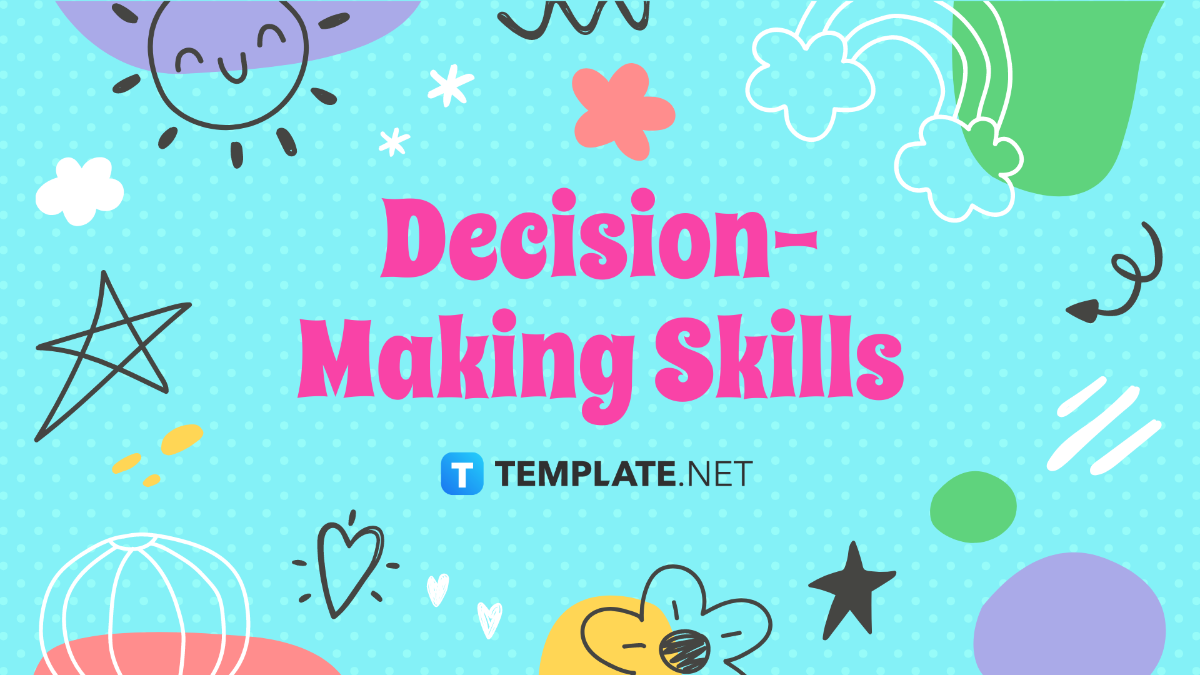In rapid world, the ability to make effective decisions is now essential than ever. Whether in the workplace, personal life, or during stressful situations, the choices we make can greatly impact our future. Yet, many people find it difficult with decision-making, often feeling overwhelmed by the vastness of information available or hindered by fear of making the incorrect choice. Bridging the gap from evaluation to decisive action is essential for achievement, and enhancing decision-making skills can lead to greater assured and timely outcomes.

Mastering the skill of smart decision-making requires understanding various methods and frameworks that accommodate both intuitive and logical approaches. From discovering how to make better decisions under pressure to recognizing the role of emotional intelligence, cultivating these skills can empower individuals to manage challenges effectively. In this article, we will explore proven techniques, the science behind great decisions, and strategies for overcoming frequent pitfalls like mental exhaustion and paralysis by analysis, all designed to helping you make decisions that reflect your objectives and values.
Techniques for Effective Decision-Making
Successful decision-making begins with the definition of clear goals. To make informed choices, you must understand what end state you want. Allocate time to clarify your objectives, as this clarity will guide your thought process. Whether you are considering individual choices or business decisions, knowing what you want to achieve enables you discard options that do not correspond with your goals.
Then, consider applying decision-making frameworks that provide structure to your analysis. These structures can help visualize options, weigh their pros and cons, and analyze potential outcomes. Techniques like the SWOT model (advantages, disadvantages, prospects, dangers) can aid in understanding the implications of your selections. By arranging your thoughts in a structured manner, you enhance your ability to make informed choices reinforced by logic rather than emotion.
In conclusion, remember the value of emotional awareness in decision-making. Being mindful of your emotional state and knowing how they impact your choices can markedly improve the quality of your determinations. Engage in mindfulness to keep emotions in check, especially under stress. An acute awareness of both your feelings and those of colleagues can foster enhanced collaboration in team environments, leading to more solid consensus and finally better outcomes.
Psychological Insights for Enhanced Decision-Making
Comprehending the psychology behind decision-making can significantly improve your capacity to choose wisely. One important insight is the notion of biases in cognition, which are systematic mistakes in thought that affect our decisions. Being mindful of biases like confirmation bias or anchoring can aid you identify when your judgment may be clouded. By deliberately questioning your preconceptions and pursuing diverse perspectives, you can mitigate the influence of these biases and arrive at more educated decisions.
Emotional awareness plays a significant role in how we handle decisions, especially in intense situations. Recognizing and regulating your emotions can avoid fear and overpowering your judgment. When you engage in mindfulness and cultivate compassion for others' perspectives, you can address decisions with a more focused mind and a less biased perspective. This emotional awareness not only helps in personal decision-making but also strengthens group interactions when collaborative choices are necessary.
Another important aspect is the power of intuition, which can be a valuable tool in the decision-making process. While logical thinking is essential for evaluating data, intuition allows for rapid evaluations based on prior knowledge and gut feelings. Merging intuition with rational thought can lead to better decision results. Training your mind to discern when to believe in your instincts and when to rely on thorough analysis can ultimately enhance your ability to make decisions and lead to superior results.
### Tactics for Self-assured Decision-Making
For making certain decisions it's vital to utilize a blend between analytical tools and emotional insight. Commence by outlining a definite decision-making framework which aligns to your values and goals. This can involve recognizing the important factors that matter most to you, balancing the benefits and drawbacks of every choice, plus thinking about the long-term implications of your decisions. With a well-defined procedure, you lessen doubt plus build a strong base to make educated decisions.
Another efficient method is to embrace the strength of pausing. When encountering major decisions, pausing for a moment to collect yourself and think can lead to enhanced understanding. This technique enables you to disengage from instant emotional reactions and review possibilities with a more objective mindset. Incorporate practices such as awareness plus short periods of meditation into the way you make decisions, since these can improve cognitive clarity and lessen stress, enabling you to tackle decisions with increased conviction.
Ultimately, develop the habit of reflecting on your decisions, regardless of their outcomes. Reviewing Check over here gives important insights to guide your next decisions constructively. Cultivate reflective practices, considering what worked well plus what could have been improved within your decision-making method. By breaking free from the fear of poor decisions and focusing instead on growth and learning, you will cultivate a strong tendency to decision-making throughout your entire life.
